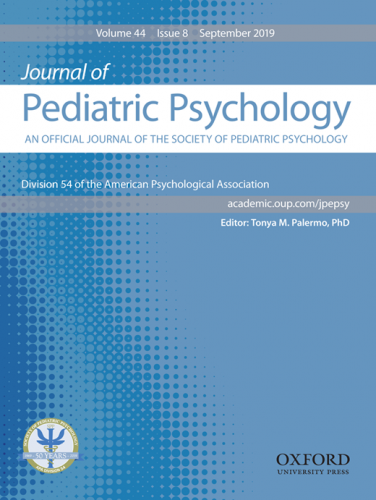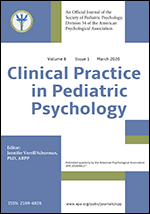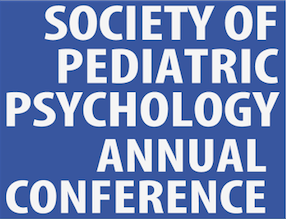Fact Sheet: Solid Organ Transplantation
Transplantation has become more common for children with end-stage organ disease due to advances in immunosuppression. Given the shortage of available organs, the United Network for Organ Sharing was established in 1984 to set standards for transplantation procedures and accreditation of transplantation centers. UNOS also directs the national Organ Procurement and Transplantation Network and the U.S. Scientific Registry of Transplant Recipients to oversee organ allocation in an unbiased manner.
Prevalence and Course
Approximately 1,777 individuals under the age of 18 currently are on the SOT waiting list. Time spent on the waiting list is influenced by organ type, recipient blood type and illness severity. The greatest limiting factor is the shortage of donated organs, which has led to the use of living related donors for kidney, liver and lung transplants. Overall, 1-year child/adolescent survival rates are highest for kidney (98.2 percent living related donor; 95.0 percent deceased donor).
Health and Psychosocial Consequences
Although SOT can be lifesaving, it is not a cure; it is trading one chronic illness for another. Most patients generally have good physical functioning, but there are variable results regarding emotional adjustment post-transplant. An estimated 25 percent of pediatric transplant recipients experience clinically significant emotional/behavioral adjustment difficulties, with heightened anxiety, mood dysregulation and behavioral disorders. Life-time prevalence ranges from 35-65 percent. School re-entry is of concern because many children/adolescents report reduced self-esteem, isolation and academic difficulties.
Evidence-based Assessment
Pretransplant psychosocial evaluations assess a candidate’s psychosocial eligibility for transplant, typically exploring areas such as cognitive and developmental functioning, understanding of illness and transplant expectations, psychiatric comorbidity, substance use, family functioning and treatment adherence. The Pediatric Transplant Rating Instrument (P-TRI) may aid in identifying areas of psychosocial vulnerability associated with poor adherence and outcomes.
Culture, Diversity, Demographic, and Developmental Factors
Children/adolescents listed for SOT are diverse in age, gender, race, ethnicity and demographic factors, but there is a paucity of research in this area. Preliminary studies suggest that nonwhite patients may be at increased morbidity and mortality risk. Also, the transition from pediatric to adult health care requires consideration of maturational factors, such as development of autonomy and self-management.
Evidence-based Interventions
Adherence to immunosuppression medication is the primary behavioral challenge to survival after SOT. Technology-based interventions are promising for improving adherence. SOT impacts the entire family and recent studies have demonstrated rates of PTSD in not only transplant recipients, but also their parents. Evidence-based treatments targeting co-morbid depression, anxiety and/or PTSD have been implemented both pre- and post-transplant. CBT interventions that address risk factors are often tailored to the SOT population. Specifically, TFCBT is utilized with children/adolescents who have experienced medical trauma related to their transplantation.
References
Fung, E. & Shaw, R.J. (2008). Pediatric Transplant Rating Instrument: A scale for the pretransplant psychiatric evaluation of pediatric organ transplant recipients. Pediatric Transplant, 12, 57-66.
Rodrigue, J.R. & Zelikovsky, N. (2009). Pediatric organ transplantation. In Roberts, M. C. & Steele, R. G. (Eds.), Handbook of Pediatric Psychology, (pp. 392-402). New York: Guilford Press.
Shemesh, E. & Drotar, D. (2010). Treatment adherence. In Shaw, R.J. & DeMaso, D.R. (Eds.), Textbook of pediatric psychosomatic medicine (pp. 199-211). Washington DC: American Psychiatric Publishing, Inc.
Stuber, M. (2011). Psychiatric issues in pediatric organ transplantation. Child and Adolescent Psychiatric Clinics of North America, 19, 285-300.
U.S. Organ Procurement and Transplantation Network and the Scientific Registry of Transplant Recipients: National Transplant Data 1988-2012. Rockville, MD, U.S. Department of Health and Human Services, Health Resources and Services Administration, Healthcare Systems Bureau, Division of Transplantation, 2012. Accessed June 14, 2012.



